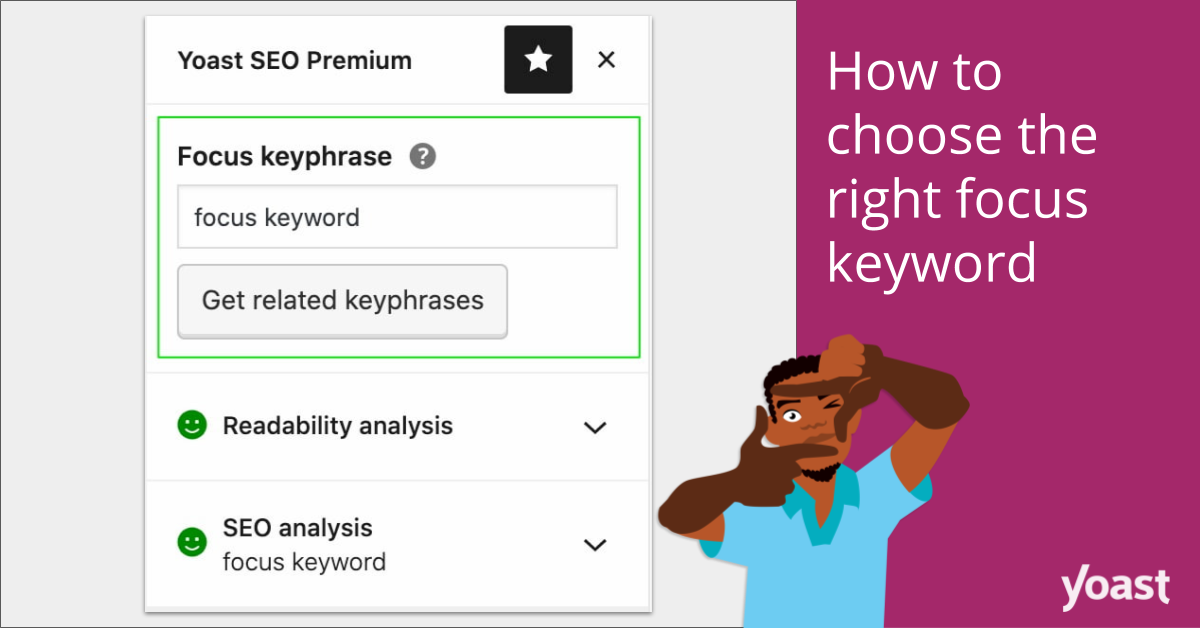
As an SEO agency, we are often asked about the use of meta keywords. Search engines and their algorithms change on a continual basis. Since our clients understand that search engine algorithms and search engine optimization rules change over time, they often pose the question, “Should I use meta keywords?”
This blog is here to answer that often-argued question. To begin, let’s confirm exactly what the term means. Meta keywords are the strategically chosen phrases that are placed into the HTML of a web page and are used to help inform a search engine of the given topic of a web page.
The meta keywords are not visible in the text on a web page but reside in the HTML code. These keywords are placed behind the scenes, such as through a WordPress plugin, like Yoast.. Well, it used to be available in Yoast. You’ll learn momentarily if that’s still true today.
The history of meta keywords helps reveal how you should address your own SEO and digital marketing now.
The Story of Meta Keywords
Early on, search engines did not restrict the number of keywords allowed in the meta keywords tag. However, at some point, Google and other search engines noticed users were “keyword stuffing” into this meta tag. In other words, some marketers were cramming a high volume of meta keywords into the back end of their web pages. This action was seen as “spammy.” Google took action and created a limit that has been reduced over time. Today, Google suggests allowing only a maximum of 2 – 3 meta keywords for each web page.
Around 2011, Google made an announcement via a Youtube Video that Google was not using meta keywords as a ranking factor. This change kicked off other platforms’ changes. There was a popular WordPress plugin by Yoast for example that, mentioned before, infused the meta keywords into that given page or post. Recently, the Yoast plugin on WordPress eliminated the field for adding keywords to the meta keywords tag. These actions have led many marketers and companies to ask if meta keywords, in turn, have any benefits.¹
To Use or Not Use, That is the Question
We still recommend using meta keywords because although they are not acknowledged by Google or Bing, remember there are other search engines. While Google may make up a majority of the market, other search engines, especially internationally, still exist and they should be considered if the target audience for a website requires these other search engines. Examples of these other search engines include Baidu (a China-based search engine), Yandex and Naver.
Each of these search engines uses meta keywords differently.
- Baidu does take meta keywords into consideration for ranking. The ideal number is 3 – 5 keywords implemented on every page. Do not go to a higher number as that may be considered keyword stuffing.
- Yandex: May be used when determining the page’s relevance to search queries.
- Naver: The search engine does use meta keywords. They should be implemented on every page on the site and should include 3 keyword phrases. Avoid keyword stuffing.
When asking yourself, “Should I use meta keywords?”, consider that these other search engines could be using them and, if you opt out of implementing the meta keywords, you could be missing important opportunities to rank, increase organic traffic and convert visitors to customers.
For example, a project manager at Bing, Duane Forrester, shared that “meta keywords is a signal. One of roughly a thousand we analyze. Getting the use of meta keywords right is a nice perk for us, but won’t rock your world. Abusing meta keywords can hurt you.”
In other words, meta keywords, when used properly and in a safe proportion, can help your ranking.
To be safe rather than sorry, we recommend to all our clients that they use meta keywords. There is no need to be worried about your Google ranking, either. In a Search Engine Round Table with Gary Illyes of Google, he shared that Google does not see the use of meta keywords as spam so it will not penalize a site for using this tag.
¹Source: https://datadrivenlabs.io/blog/meta-keyword-tag-google-2018/

